PROMETHAZINE - ORAL
PHONETIC PRONUNCIATION: (proe-METH-a-zeen)
COMMON BRAND NAME(S): Phenergan
GENERIC NAME(S): promethazine HCl
Uses
USES: See also Warning section. Promethazine is used to prevent and treat nausea and vomiting related to certain conditions (such as before/after surgery, motion sickness). It is also used to treat allergy symptoms such as rash, itching, and runny nose. It may be used to help you feel sleepy/relaxed before and after surgery or to help certain narcotic pain relievers (such as meperidine) work better. It may also be used for a short time to treat a runny nose due to the common cold. Promethazine is an antihistamine and works by blocking a certain natural substance (histamine) that your body makes during an allergic reaction. Its other effects (such as anti-nausea, calming, pain relief) may work by affecting other natural substances (such as acetylcholine) and by acting directly on certain parts of the brain. Cough-and-cold products have not been shown to be safe or effective in children younger than 6 years. Therefore, do not use this product to treat cold symptoms in children younger than 6 years unless specifically directed by the doctor. Some products (such as long-acting tablets/capsules) are not recommended for use in children younger than 12 years. Ask your doctor or pharmacist for more details about using your product safely. These products do not cure or shorten the length of the common cold and may cause serious side effects. To decrease the risk for serious side effects, carefully follow all dosage directions. Do not give other cough-and-cold medication that might contain the same or similar ingredients (see also Drug Interactions section). Ask the doctor or pharmacist about other ways to relieve cough and cold symptoms (such as drinking enough fluids, using a humidifier or saline nose drops/spray).
How to use PROMETHAZINE - ORAL
HOW TO USE: Read the Patient Information Leaflet if available from your pharmacist before you start taking promethazine and each time you get a refill. If you have any questions, ask your doctor or pharmacist. Take this medication by mouth with or without food as directed by your doctor, usually 2 to 4 times daily. For motion sickness, the first dose of promethazine should be taken 30 to 60 minutes before beginning travel. For allergies, this medication may be taken once daily at bedtime to avoid being drowsy during the day. When used before surgery, promethazine may be taken the night before or just before the procedure and may be continued afterwards as directed. If you are using the liquid form of this medication, carefully measure the dose using a special measuring device/spoon. Do not use a household spoon because you may not get the correct dose. The dosage is based on your age, medical condition, and response to treatment. In children, the dosage may also be based on weight. Do not increase your dose or take this medication more often than directed. Tell your doctor if your condition does not improve or if it worsens.
Side Effects
Precautions
Interactions
Overdose
Images
Reviews
Faq for PROMETHAZINE - ORAL
Promethazine is an antihistamine medication used to treat allergies, motion sickness, nausea, vomiting, and to relieve pain or promote sleep.
Promethazine is usually taken by mouth with or without food. Follow the directions provided by your healthcare professional and do not exceed the recommended dose.
Common side effects of promethazine may include drowsiness, dizziness, blurred vision, dry mouth, constipation, or nasal congestion. If these side effects persist or worsen, contact your doctor.
Promethazine may cause drowsiness or dizziness, thus it is advised to avoid driving, operating machinery, or engaging in any activities that require alertness until you know how the medication affects you.
It is recommended to consult your healthcare provider before using promethazine during pregnancy or while breastfeeding, as it may have potential risks.
Alcohol should be avoided while taking promethazine due to increased drowsiness and potential interaction between the two substances.
Promethazine has a low potential for addiction, but it should still be used as prescribed and not abused.
The onset of action for promethazine varies depending on the specific use, but usually, it starts working within 20-30 minutes of oral administration.
Promethazine may interact with certain medications, including other sedatives or medications that cause drowsiness. Always inform your healthcare provider about all the medications you are taking to avoid any potential interactions.
Warning
WARNING: Promethazine should not be used in children younger than 2 years because it may cause serious (possibly fatal) slow/shallow breathing. When using this medication in children 2 years and older, the lowest effective dosage should be used, and other drugs that affect breathing should be avoided. Get medical help right away if slow/shallow breathing occurs. In children, drugs for nausea should only be used in cases of prolonged vomiting of a known cause. Avoid use of promethazine in children with liver disease (including possible Reye's syndrome).
Disclaimer
IMPORTANT: HOW TO USE THIS INFORMATION: This is a summary and does NOT have all possible information about this product. This information does not assure that this product is safe, effective, or appropriate for you. This information is not individual medical advice and does not substitute for the advice of your health care professional. Always ask your health care professional for complete information about this product and your specific health needs.
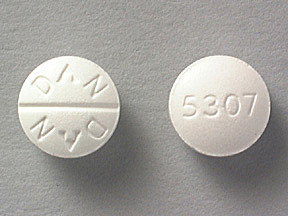
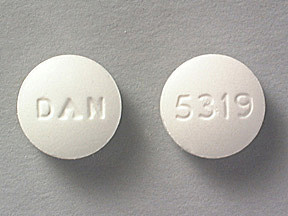
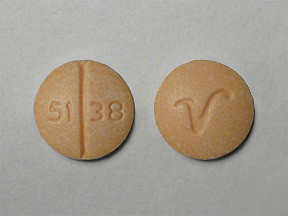
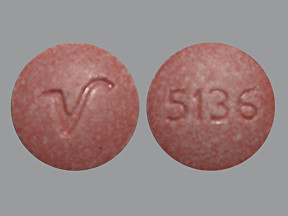
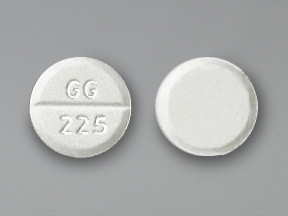
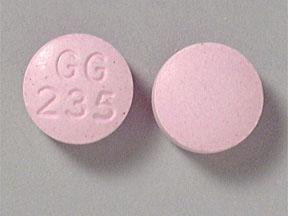
No Reviews Yet